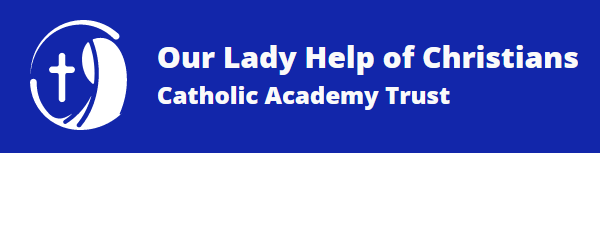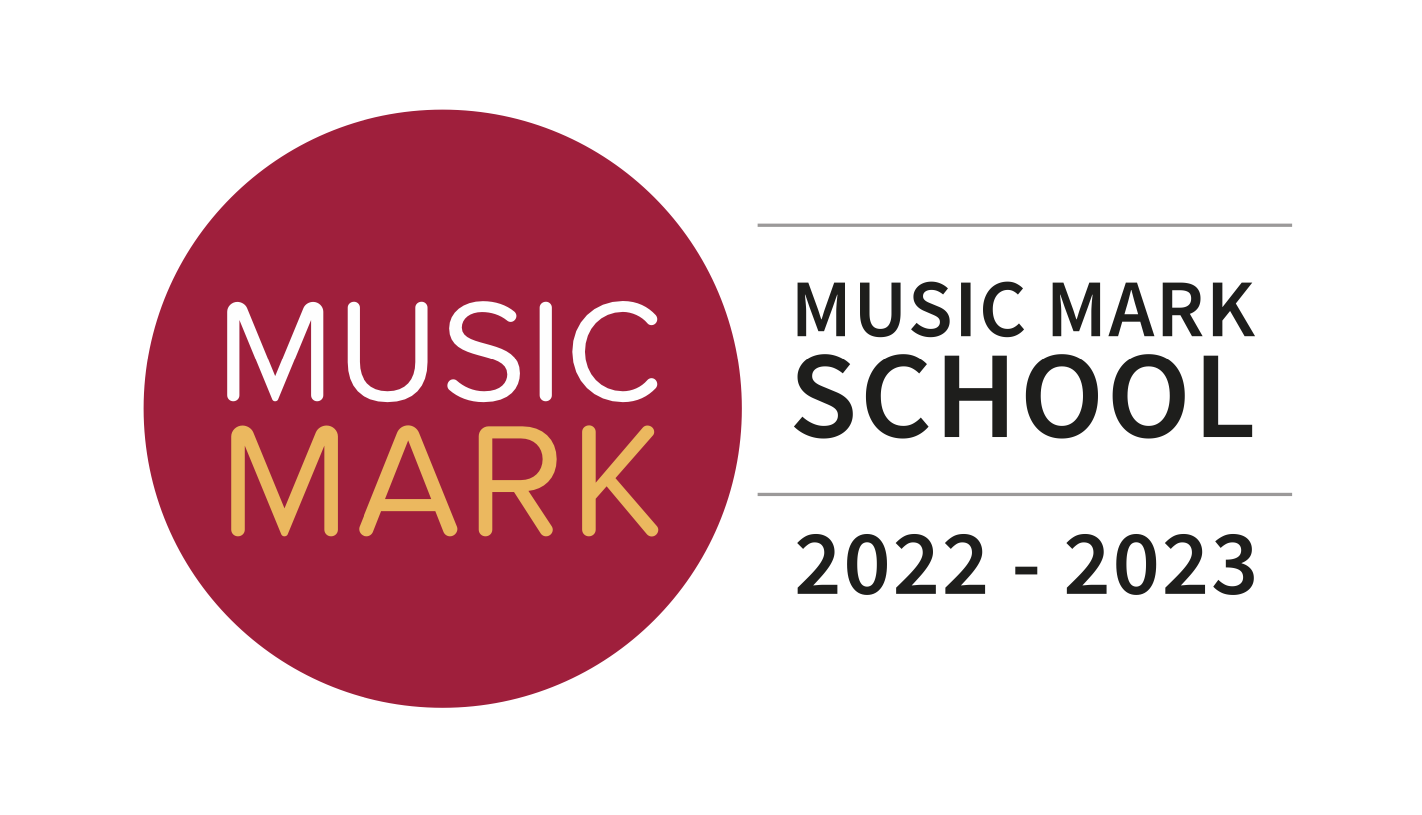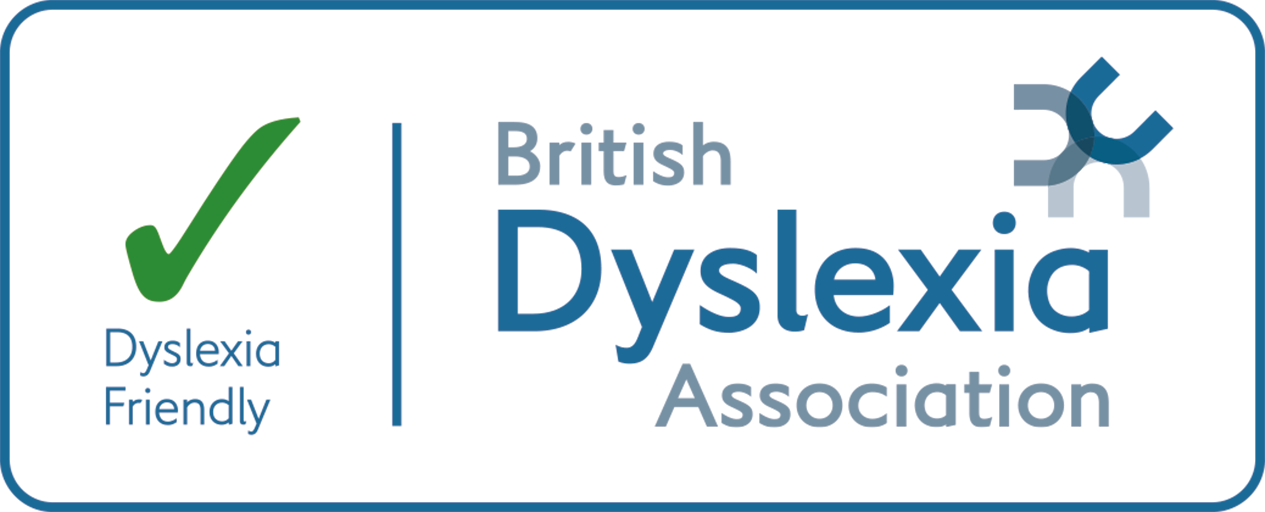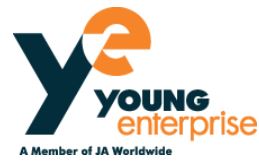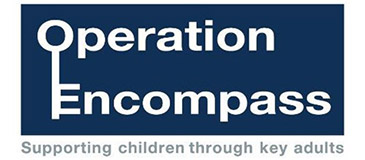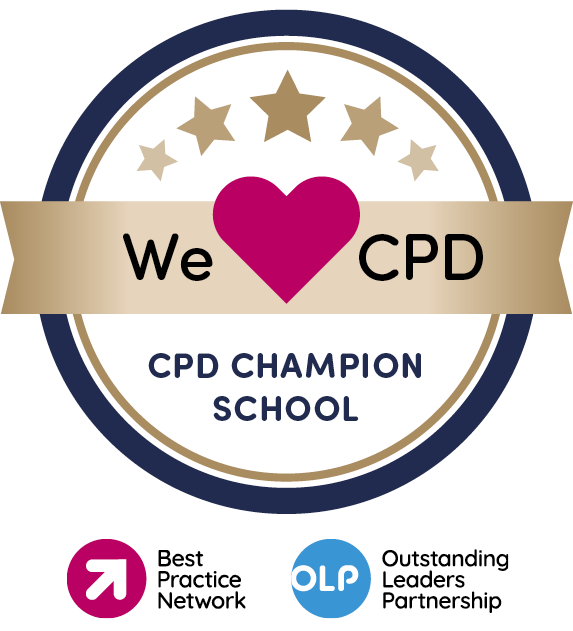Business
Department Intent Statement
At Ellesmere Port Catholic High School, the Business Studies Department endeavours to make our students’ learning experience as real, applicable, relevant, varied and interesting as possible. In recent years, higher education institutions and employers have consistently flagged the need for students to develop a range of transferable skills to enable them to respond with confidence to the demands of undergraduate study and the world of work. Our students are encouraged to learn real business case studies using local and national business news through a range of media platforms.
The Business GCSE and A Level courses will help to develop many important skills, such as numeracy, literacy, problem solving, information collecting, as well as analytical, evaluative and social skills. Over the duration of the courses the students will learn about key aspects of the world of business and will consider their role within this area.
Key Stage 4 Intent Statement
The GCSE Business qualification provided by Pearson Edexcel is engaging and inspiring. It reflects the demands of a truly modern and evolving business environment. Students will learn how entrepreneurs turn simple ideas into profitable businesses, as well as how companies operate and make important business decisions on a local, national and global scale.
What does the course look like?
Students will study many relevant and exciting topics including:
- Business ownership and business models (Sole Traders, Private Limited Companies, Public Limited Companies, Franchise)
- Enterprise and Entrepreneurship
- Human Resource Management
- Finance (Income Statement, Cash Flow Forecast, Break-Even)
- Marketing (Market Research, Promotional and Pricing Strategies)
- Operations (Just-in- Time Production, Supply Chain, Logistics)
- External influences (Globalisation and Exchange Rates, including Economic Factors such as Income Levels, Inflation and Interest Rates)
The GCSE course is assessed over two written papers of 1h 45m each:
Students are assessed every term and at the end of each topic when they will be given examples of exam questions to practise their reading, writing skills and numeracy skills.
The Pearson-Edexcel Business GCSE consists of two separate written exams, each paper is worth 50% of the qualification final mark:
- Paper 1 covers Theme 1 which includes five topics (Enterprise, Business opportunity, Putting an idea into practice, How to make a business effective, External influences).
- Paper 2 covers Theme 2 which includes five other topics (Growing a business, Marketing, Operations, Finance and HR).
Key Stage 5 Intent Statement
The 2-year course AQA Business includes 10 Units. The course includes relevant Business Topics which are regularly updated to accommodate the changes in the Political and economic environments. The teaching demonstrates the interrelated nature of business using business models, theories, and techniques to support analysis of contemporary business issues and situations to provide relevant assessments and marking models.
The department uses a range of assessment materials such as question papers including multiple choice, short answer, data response, essays, and case studies so that students feel more confident and engage with the questions. Real life case studies are used in lessons wherever possible to make it easier for students to relate to and apply their knowledge and skills developed throughout the 2-year course.
What does the course look like?
Students will learn about business in a variety of contexts, including large and small UK focused and global and service and manufacturing businesses.
They will consider:
- the importance of the context of business in relation to decision making
- the interrelated nature of business activities and how they affect competitiveness
- the competitive environment and the markets in which businesses operate
- the influences on functional decisions and plans including ethical and environmental issues
- the factors that might determine whether a decision is successful e.g. the quality of data and the degree of uncertainty
- how technology is changing the way decisions are made and how businesses operate and compete
- the impact on stakeholders of functional decisions and their response to such decisions
- use of non-quantitative and quantitative data in decision making (including the interpretation of index numbers and calculations such as ratios and percentages
This is explored through the following units:
- What is business?
- Managers, leadership and decision making
- Decision making to improve marketing performance
- Decision making to improve operational performance
- Decision making to improve financial performance
- Decision making to improve human resource performance
- Analysing the strategic position of a business
- Choosing strategic direction
- Strategic methods; how to pursue strategies
- Managing strategic change
The A level course is assessed over three written papers of 2 hours each:
- Paper 1 – written examination containing 15 multiple choice questions, short answer questions and two essay questions. 100 marks in total.
- Paper 2 – three data response questions. 100 marks in total.
- Paper 3 – One case study followed by approximately 6 questions. 100 marks in total.
All papers have equal weighting of 33%.



